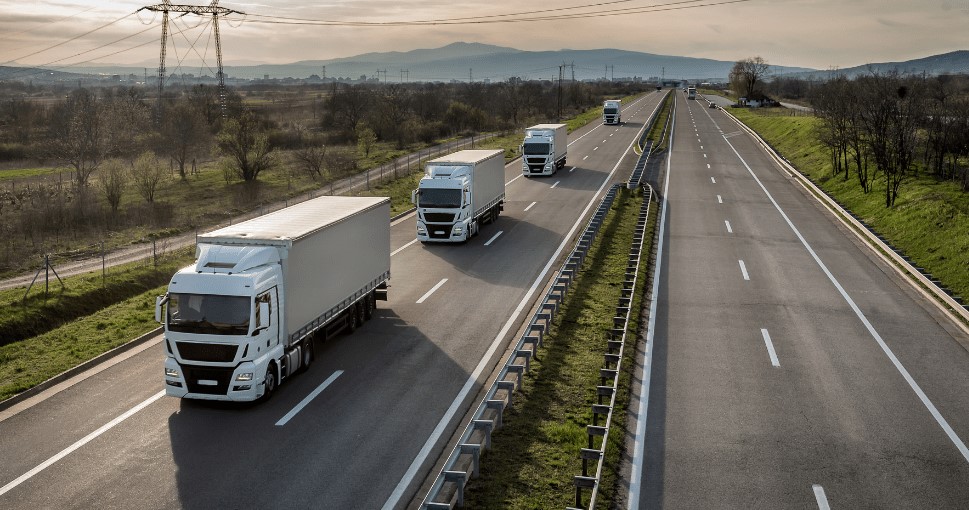
Commuter’s Protection Act on India
- April 13, 2024
- 0
Commuters’ interests are covered under the Consumer Protection Act of 2019. The Act defines a consumer to include any person who hires or avails of any service for a consideration and includes any beneficiary of such service.
However, given the abject disregard for rights and safety of commuters-young or old, paying or subsidized – there needs to be a commuter protection law in India. Some may wonder about the need for having one more law, given the poor enforcement of the existing ones.
But a separate law with its regulator will bring the commuter issues and grievances to the fore, and empower them to seek redressal in case of violation of their rights.
For instance:
Real Estate (Regulation and Development) Act 2016 the redressal mechanism for real estate buyers improved after the Act was implemented. It protects the interests of homebuyers against malpractices by builders and has brought transparency. Similarly, a commuter protection Act can seek to establish a regular to oversee passenger transport, uphold the right and safety of passengers, and curb the malpractices of companies involved in transporting passengers by air, land or water-both in the public and private sector.
National Disaster Management Act 2005 in India, it has often taken tragedies to change the status quo by establishing a new structure or triggering new legislation. For instance, this Act was enacted after the 2024 tsunami in the Indian Ocean that killed more than 10,000 people in the country.
Factories (Amendment) Act 1987 was introduced after the Bhopal gas leak, and it focuses on enhancing safety standards in factories dealing with hazardous substances.
Forest Conservation Act 1980 was triggered by the Chipko movement and addresses environmental concerns, including deforestation.
Are current instances of death and violation of right of commuters a strong enough trigger for the system quo? For many of us, such events, though severe, are part and parcel of living in India. It is the price that we tacitly agree to pay – having been born in a developing economy? But, as nation, when we are on track to become a $10-trillion economy in another decade or so, can we not make our commuters also taste the impact of this development? Can we not graduate our commuters from the cattle class?
































































